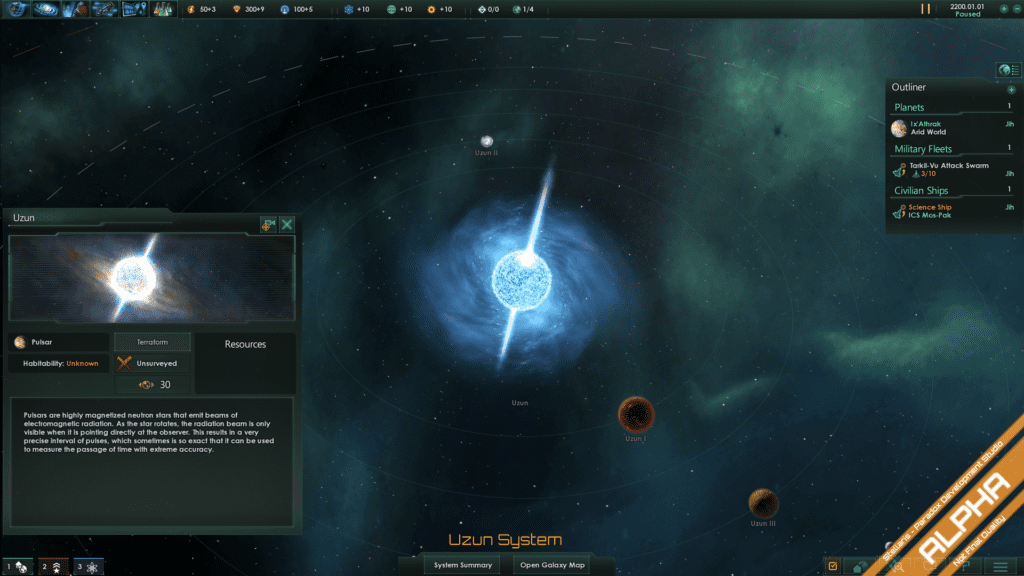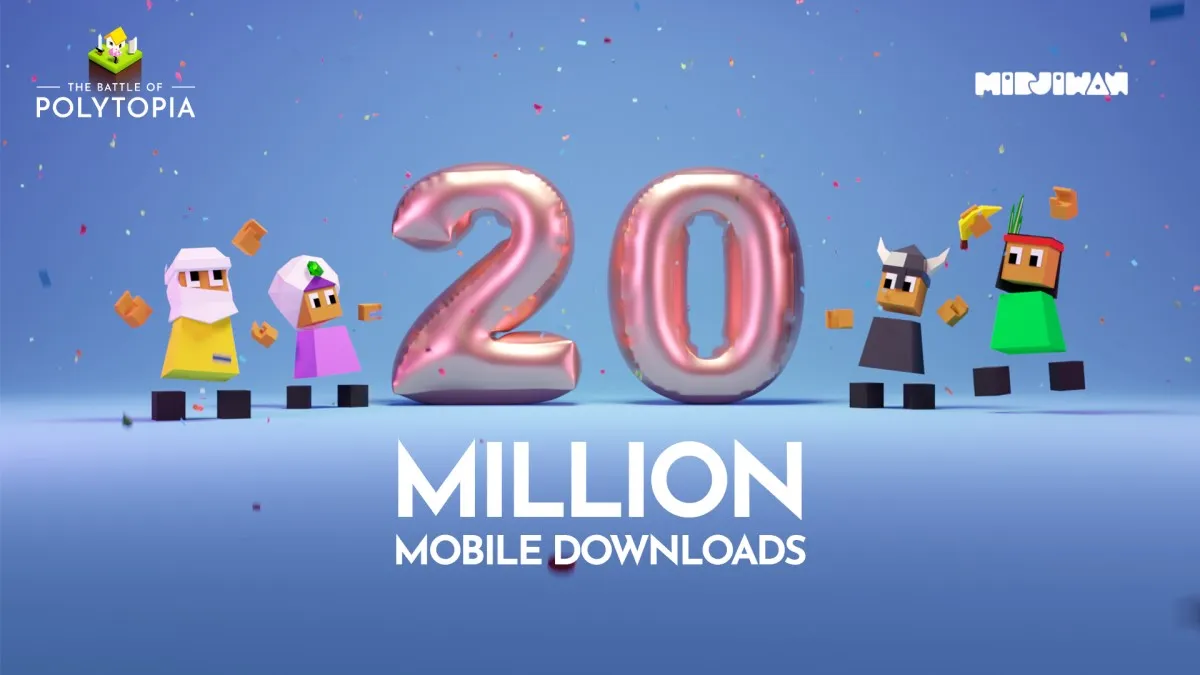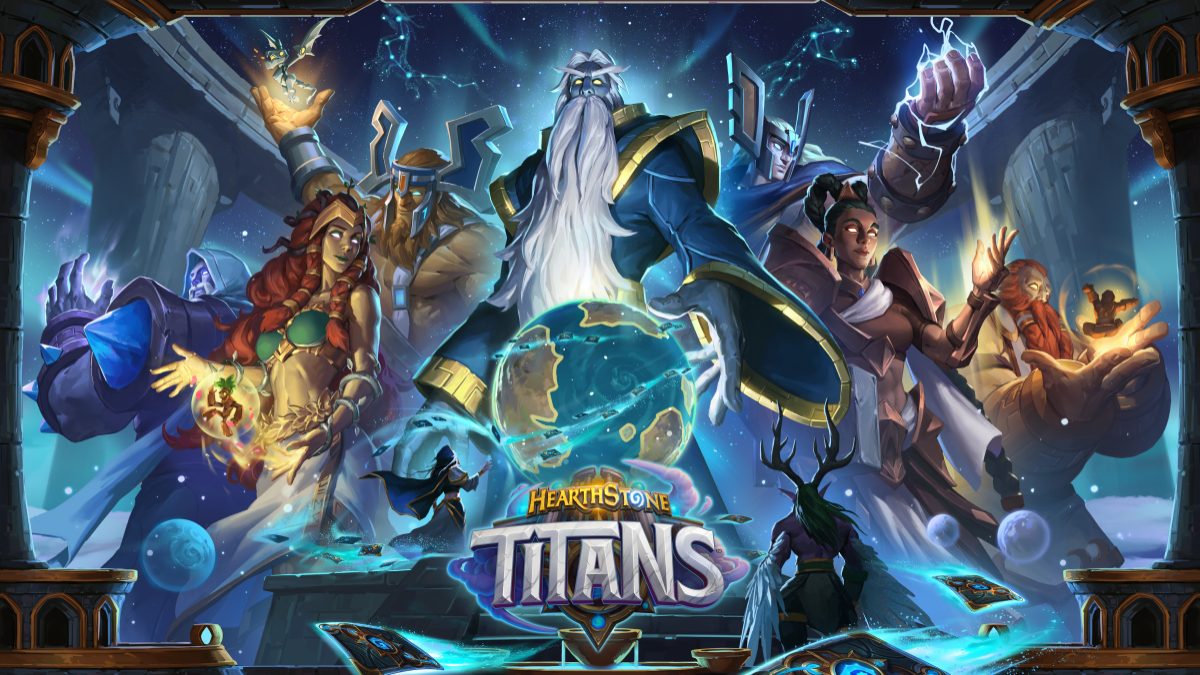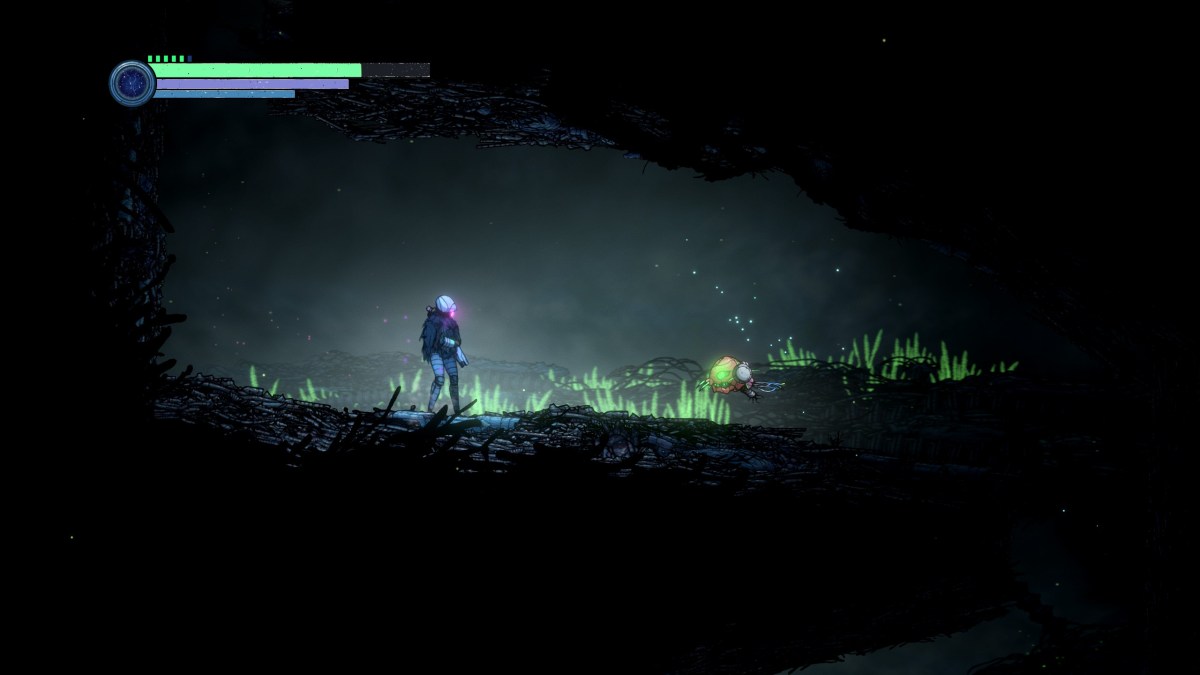Paradox are comprehensibly known as the fathers of modern grand strategy games on PC. The studio built itself out of a company designing board games, and has been successfully making (and publishing) PC games for over 20 years. Their games have garnered such success and acclaim for their complexity and appeal that they have accrued a strong and fiercely dedicated fan base.
After opening the genre up, they’re still more or less the uncontested benchmark for historic grand strategy titles. Paradox’s main games span a timeline of human history from 1066 through to 1948.
A couple of months ago they announced Stellaris, a new addition in their range. What’s rather striking about this upcoming entry into their already impressive catalogue is that it’s based in the future, which would be a first for the studio. In order to find out how they’re dealing with that, we took the time for a chat with their charismatic game director – Henrik Fåhraeus.
[powerpress]
PCInvasion: This is kind of new territory for Paradox in the sense that all your previous games have been historically based and now you’re going into the future. What influenced that decision?
Henrik Fåhraeus: Even back when we did Victoria and Crusader Kings we had some kind of ambition that we’d cover the entirety of human history, or the human experience if you will. It felt natural that at some point we’d expand out into the future.
So it’s been kicking around in the office among the team and our players have also asked for it quite frequently on our forums and so on. It felt like quite a natural thing to do for us.

PCI: The design challenges must be very different for this game than your previous titles.
HF: Absolutely, it’s definitely something new that we’re doing here. It’s been an interesting challenge. We had to start a new art style, as you mentioned. A space game can’t look quite the same as our historical games, and of course, we also can’t rely on our usual crutches – historical processes and events – that we normally base our gameplay around.
It’s been interesting to find new ways of doing that.
PCI: Apparently this game will use procedurally generated universes. That’s also new for you, why did you decide to down that route?
HF: There are many reasons for why we went this way. We discusses making a fixed map space game, something which might be more akin to the Dune universe or Warhammer 40,000 or something like that. But in the end we settled for a more classic approach and one of the main reasons is that it really helps the learning curve to start small and discover the galaxy as you go.
I really wanted to try to develop the first X [of the 4X] – the exploration part of the game – as I felt that was one of the X’s which was the least explored in other games. I feel that the procedural generation of the galaxy really lends itself well to that sense of discovery and wonder.
We really want to surprise players through every play through. Our intention is for you to discover new things and new species that act in different ways every time you play.
Creating an interesting random environment is, of course, also a new challenge. It is difficult. You’ve seen many games that have tried over the years; some succeed and some fail a little bit in the sense of they were not as balanced or immersive as they would have been if it was a carefully handcrafted map.

PCI: One of the criticisms suffered by those type of future universes and procedurally generated worlds is the lack of personality which the AI races and world have compared to real world nations and environments (for example in Civilization: Beyond Earth). Have you done much to get around that issue?
HF: It’s definitely a challenge for us and something that we’re been aware of since the start. And in Stellaris, even the other species you meet are actually procedurally generated from certain building blocks. Making that feel as imbued with personality as possible has been quite difficult to do; make them feel like France or Russia from our other games.
People have preconceptions of what France is in their minds, so they kind of fill in the blanks even if the game doesn’t do much. For example in EU III, you can still role-play even if the game didn’t really tell you much about it.
What we’ve done in Stellaris, but we’re still working on it, I can’t tell you everything we’re doing, to make sure all these space empires act in accordance with their personality. You can see their personality – their ethics and traits and so on. We’ve made sure that they express they act in accordance with that and express personality through their communications.
PCI: So you sort of make the AI wear its personality on its sleeve?
HF: Exactly. We also tried graphically to express this a little bit without making it cartoony; the background of the rooms of the aliens you’re talking to. We’ve done other things. We have some back story events. You might come across more pieces to the puzzle of your history in this particular world – how was life in the galaxy? Where’s the place of your species in the grand scheme of things? And so on. That’s one of the things we’re trying out.
PCI: Are there any non-player races in the game?
HF: There are what would be called ‘minor civilizations’; I don’t like that way of putting it myself. You’ll meet pre-space-age aliens and you’ll encounter pre-sentient animals that you can potentially uplift in the game, and post-technological societies that have moved one. But they are more like, shall we see, one of the galactic features that you’ll find.
They can usually be brought up to speed in some way and become another player. For example the pre-space-age societies, there are several levels to that: stone age, medieval, industrialised, etc. It’s unlikely that they’ll progress through that spontaneously, although it is possible. What happens normally is one of the space civilizations comes along and gives them a helping hand or something, which ties them into their alliance or empire.

PCI: How would you compare the gameplay to other games by Paradox? CK 2, EU 4 and so on.
HF: It’s a bit of a mix of different types of gameplay. It starts out like a fairly classic 4X game; of course it’s real-time as our other games. You start out small and you explore the galaxy, and there’s a lot of focus on this exploration. That, in a way, is probably most similar to CK in our games in that there are a lot of little events with storylines and so on going on. But it’s fairly typical 4X territory.
As you encounter the other empires and you interact with them it becomes a bit more like EU IV and a bit less like a 4X game in many ways.
For example, we have our classic mechanics that you need to occupy planets and then negotiate for them in a peace using war score, which is a classic Paradox thing. There are fairly complex diplomatic treaties like federations and alliances and so on which is perhaps a little bit different from what you will see in games from other developers.
But it doesn’t go quite as deep as EU IV, especially with all the expansions that game has. So it’s somewhere in the middle.
It also takes elements from Victoria in that your population has its own concerns and political issues and so on. There’ll be, especially if you’re playing a large empire, many internal pressures and a lot of strife going on that you need to manage in that colonists are unhappy somewhere and aliens you have integrated want to revolt and you can try and suppress it or meet them half-way. These are things that you’ve probably seen in our games, but, again, it’s a bit more complex than your average 4X game.
PCI: Is the battle system similar at all to EU IV?
HF: On an abstract level it actually is, but it’s much more graphical than Europa Universalis, obviously, which has fairly abstract battles – two guys are standing their poking at each other.
So how it works in Stellaris is that you actually have these individual ships, you put them in a fleet and the fleet moves around and you see all the ships in a fleet. Then when it comes to combat they start firing away at each other. They use these weapons modules that you have installed in them in the ship designer – fairly typical 4X.
Since this is a real-time game and we wanted to have good multiplayer support, it gets a bit fiddly to be able to move individual ships. So what actually happens is that you can see what’s going on but you can only issue fleet orders; emergency jump or something. There is a summary view on the side which shows you how effective your weapon systems are against the enemy, etc.
You also get the visual feedback of course which is really quite gorgeous to watch, but it’s not tactical.

PCI: Except for retreat and things like that?
HF: Yeah, you can issue a retreat order. You can also install various behaviour modules on your ships; what you’d like them to do – flank or act as picket ships. Stuff like that.
PCI: Paradox is known as a pretty mod-friendly dev; presumably that won’t be changing here?
HF: That’s one of our core pillars to ensure that people can turn our game into their games. (laughs)
You can never make games that please everyone and modding is a fantastic tool to cater to everyone’s tastes. The game is fully modelled exactly as our other games; you can make a total conversion mod to anything you like almost.
Even the graphics and so on. Of course it’ll be a bit harder in Stellaris because you’ve got these gorgeous ship models and so which could be harder to replace.
PCI: One of my personal bugbears with Paradox games is the lack of closure at the end of the games. You reach the end and it’s just like, ‘game finished’ and you get access to all the graphs which you’ve already had access to for the whole game. There’s no Civ-like historical map replay or anything like that. Any chance of something like that in Stellaris or is it similar to your other games?
HF: It’s a little bit different… I get what you mean. In our games, it’s usually an afterthought. It’s like, ‘oh… yeah. The game probably ends at some point as well. Well, how about that?’ Because we’re really into making these open-ended sandboxy type experiences. It’s about playing, not about winning really.
But, yes, we actually do have some victory conditions. The game will end if you win. But we don’t have an end date, because the future is infinite in a way. You can win through different ways and if you want to band up with other races then you’ll get a joint victory with other members.
But unfortunately there’s no historical playback. That is a feature that a lot of people have requested and I would personally love to have it. We actually had some interns coming in to do that for CK 2 which turned out pretty well, so it’s definitely an idea I’d like to explore in the future.
So, I hear you; but Stellaris will initially only have the ‘Congratulations! You won because…’

PCI: Any ideas when we can expect the game?
HF: It’s going to be released sometime this year. When, I can’t really say. I can mention though that we’ve taken in some beta testers, so that might be an indication of how far along the process we are.
PCI: So you’re hitting the last 10% or something like that?
HF: We see the finishing line.







Published: Jan 28, 2016 10:00 am